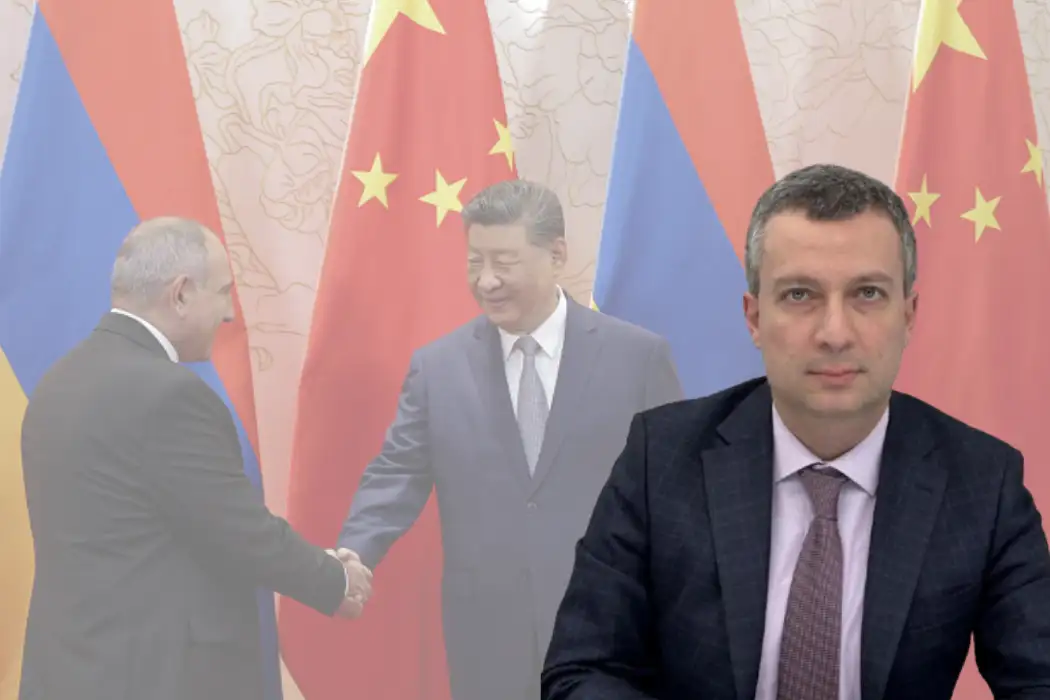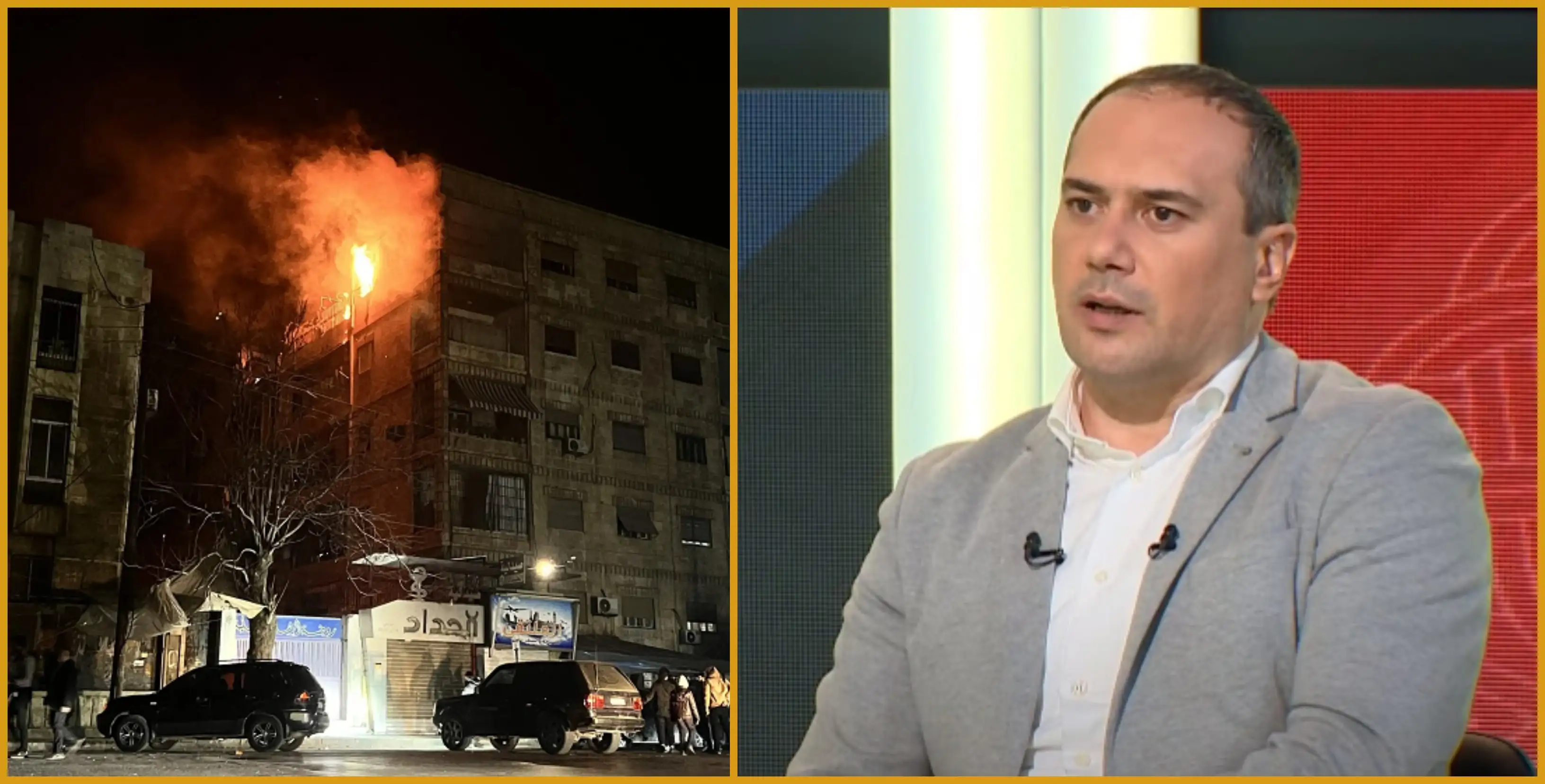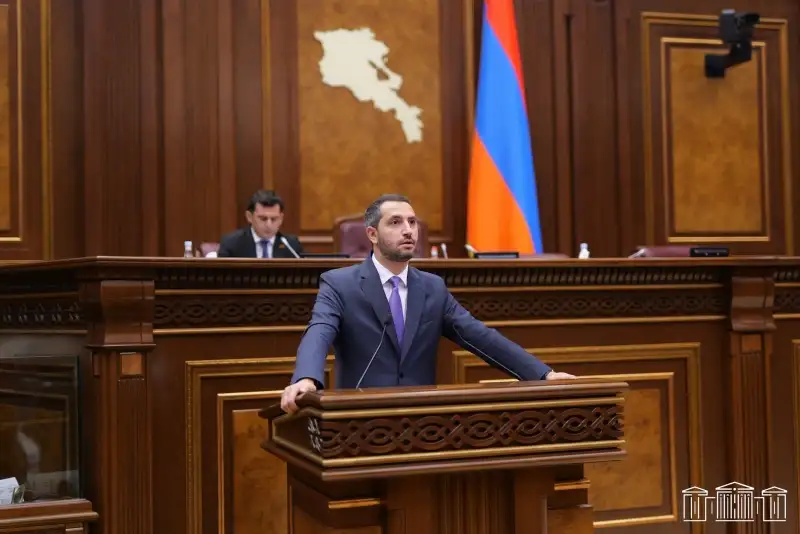The Shanghai Cooperation Organization summit, held from August 31 to September 1, was attended by more than 20 heads of state, including Armenian Prime Minister Nikol Pashinyan and Azerbaijani President Ilham Aliyev, as well as representatives of 10 international organizations.
Radar Armenia spoke to political scientist Beniamin Poghosyan on the topic.
-In your opinion, how important is Armenia's participation in the summit for the country and, in general, the region?
-First of all, the Shanghai Cooperation Organization is gradually playing an increasingly important role in international relations. It is trying to assume the role of the non-Western pole of this emerging multipolar world. Participating in summits of such an organization is essential, at least from the point of view of being present and, so to speak, aware of the discussions taking place in the non-Western world. This will give Armenia, as well as Azerbaijan, the opportunity to better envision the role the Shanghai Cooperation Organization will play in this newly emerging multipolar world and to assess the extent to which this role can be beneficial to the two states.
If by region we mean the South Caucasus, it is clear that the South Caucasus will hardly become part of the Western Pole in the near future, in the next 10-20 years. By the Western Pole, I mean the United States and, perhaps, the European Union. Russia, Iran, and Turkey surround the South Caucasus. Neither Russia nor Iran is part of the Western Pole; moreover, they oppose the Western Pole, and Turkey, as a middle state, is trying to balance itself by remaining a member of NATO. Therefore, since the South Caucasus cannot become part of the Western Pole, it will be influenced by the Western Pole.
-According to Chinese President Xi Jinping, the Shanghai Cooperation Organization should expand trade and investments. What positive impact can this cooperation have on the Armenian economy?
-If we look at the South Caucasus, the least Chinese investments are in Armenia. There are significant Chinese investments in Georgia, and the country is also involved in Azerbaijan, including through loans. In this regard, Armenia is definitely in the background, since there are almost no Chinese investments. Additionally, it is challenging to determine the extent to which the establishment of Armenia-China strategic cooperation, or, in other words, Armenia's desire to join the SCO, will lead to an increase in Chinese investments, as there are specific sectors, I believe, that China is particularly interested in. One of its sectors may be the construction of a new nuclear power plant. China has been intensively engaged in the construction of nuclear power plants in recent years; it owns these technologies. Therefore, I am giving an example of what sectors Chinese investments can be made in. If we expect Chinese investments, then simply signing documents or declaring strategic cooperation is not enough; we need to understand in which areas China is interested in investing and whether Chinese investments in that area are beneficial for Armenia. If, after conducting concrete calculations, Armenia presents itself to China with an offer, saying, 'Let's invest in nuclear energy or another sector,' this will already constitute a concrete discussion; so far, we do not see such a discussion.
-How can Armenia most effectively use this platform to strengthen its positions in international relations?
-Ultimately, this platform provides an opportunity to have additional meetings and discussions at least. Now we have seen that the Prime Minister had several meetings, most importantly the meetings with the President of Russia, which were quite long, and, I think, the parties discussed all issues, including the problems related to that "TRIP route". There were several other meetings with the Presidents of Turkey and Azerbaijan. In this regard, such international summits open up opportunities for face-to-face discussions.
Lilit Abrahamyan


















